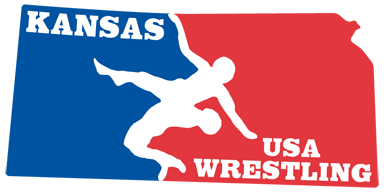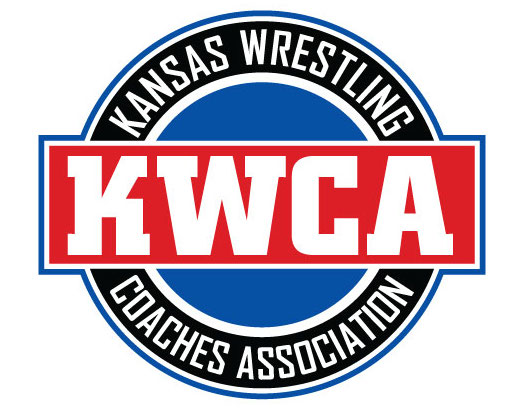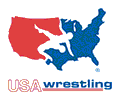Stalling...its the most complained-about call in wrestling.
Everybody wants it called...on the other guy. We talk about it at almost every officials/supervisor meeting. Its gotten much more consistent over the years.
Here's my opinion, and that's all it is:
The reason stalling is a violation is because stalling in wrestling makes it boring to watch. No other sport penalizes stalling (some might argue the shot clock is similar). So its purpose is to keep the match interesting.In many matches, they are either interesting enough already, or nothing is going to make them so. So calling stalling serves no purpose.
Some don't know the rules. It is not required that you bring your opponent back to the mat if he stands up. You must make an effort. That's the rule. Too many officials, coaches, and fans think that there is some time limit (5 secs) to accomplish the return. That is not the rule and should not be called unless no effort to return is being made. Many, many, blown calls on this point.
There is a difference between strategic stalling and inability to wrestle stalling. A kid 30 pounds overweight and without any conditioning isn't stalling when he lays down on the mat, he is preventing an early cardiac arrest. Same goes for kids that do not know any moves. If you can't wrestle, you can't stall. Both these situations occur from time to time. Some might argue they happen most of the time. I'm not so cynical.But stalling does seem to require an intent to stall. If you are riding on top, and you simply do not have the strength, ability, or knowledge to to turn your opponent, you are not stalling, you are just not very talented. The official, in a few short minutes, has to decide what is going on....lack of ability, or lack of desire.
Also, the same inaction in the 3rd period may not be stalling although it would have been in the first period.
Equally matched wrestlers may not be able to improve their positions because attempting to do so will give up an advantage. Should that be considered stalling? Also, while it is clearly stalling, many believe that a wrestler that only "counters" shots on his feet should not be penalized. The rules say otherwise.
If a wrestler works hard and earns a lead, protecting that lead would be stalling. No other sport takes this approach. On the other hand, wrestling is designed to be the most "fair" sport there is -- two opponents of equal weight facing off.
On a personal note. After my first couple years I decided that stalling wasn't being called enough so I took it upon myself to "call stalling whenever it occurs." I bought Dave Frisch's (NCAA) tape on the topic and focused particularly on early calls in the first period using his "shot counting" method. It drove the coaches crazy and while I'm sure every call was sound, they could not handle it. Also, I used Frisch's approach that if the wrestlers ended up out of bounds someone was probably stalling.
While I still believe that to be the case in most situations (how many times do you see a kid make no effort to stay in bounds when on the edge--that is, by definition, stalling or fleeing yet it happens 100s of time during a tournament without either call).
If stalling was called by the book, few matches would go the distance. Most would end up with a DQ on stalling penalties. Maybe if that started happening, the kids would pick up the pace, but my guess is the coaches would put a stop to calls. This year college rules took stalling off the penalty sequence and stalling calls won't result in a DQ, regardless of the number. If that rule trickles down, stalling might get called more often, similar to false starts.
However, after all this, there are some pretty well-recognized situations where stalling does occur and it doesn't get called. My opinion is that the officials have decided, whether consciously or not, that it just isn't worth listening to the harping to make those calls.
Finally, I can't let Will off the hook on his comment that a double stall is a bad call. If both are stalling, both are stalling and it happens on the feet regularly. Either don't call either or call both, but don't pick one as the bigger offender. It takes two to wrestle.If you want to have some criteria--and mine is who is going out of bounds first, then call one and not the other on that basis, but trying to figure out who is stalling less is hard to justify.







